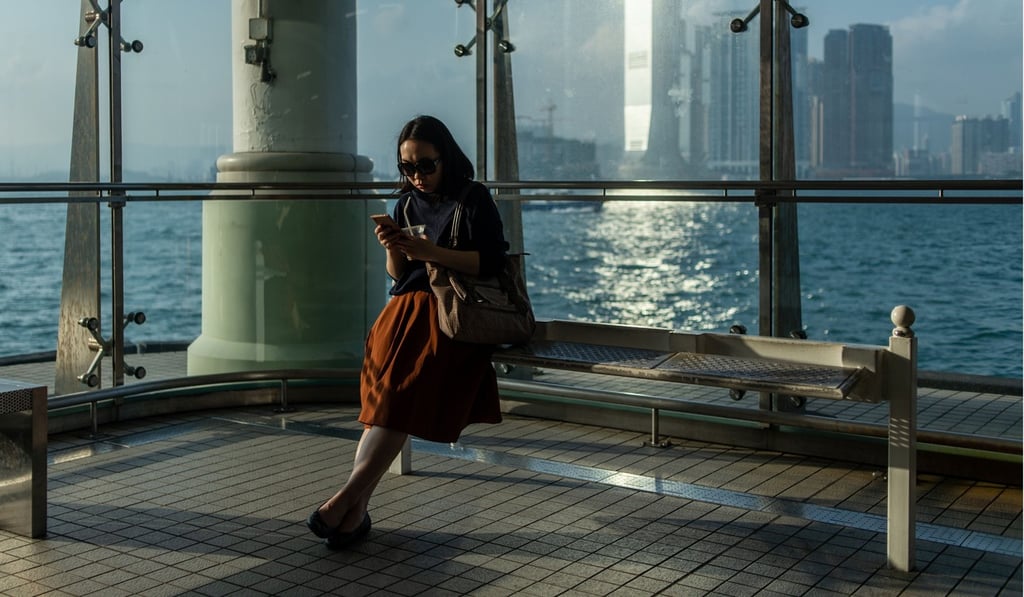‘One country’ has never been in question in Hong Kong – but ‘two systems’ needs work
Wang Gungwu says even under British rule, Hongkongers saw themselves as Chinese. ‘One country, two systems’ thus reflects the city’s experience of not being separate from China while providing a safe place for dissent and experimentation. As ‘two systems’ continues to evolve, can China fully embrace this heritage?

And, when Britain obtained a 99-year lease of the New Territories, there was virtually no distance between the colony and China. Most of the time, there was also no question of separation from Chinese customs and family values. And one could see only minimal divergences in the way Hong Kong Chinese built their lives in the British colony.
What was more, after 1842, Chinese who went overseas to Southeast Asia, North America and Oceania came to use Hong Kong as their transit point. For many, Hong Kong was their base for connecting with China. Although everyone was made aware that the colony was administered separately, those who made use of Hong Kong retained their strong cultural roots in China.
For Hong Kong people, therefore, separation was never uppermost in their minds. Instead, what they experienced throughout the years as a British colony was strikingly similar to“one country, two systems”. I suggest that this captures the history of Hong Kong better than any other phrase used to describe the city’s development, and would say that much of the political and economic life in Hong Kong has rested on this modern, albeit cryptic, slogan.
